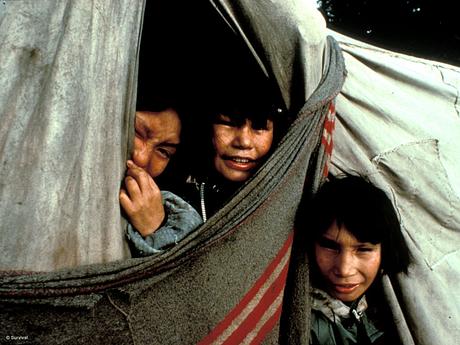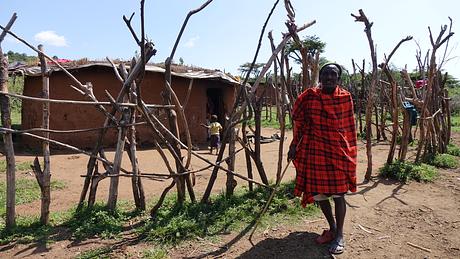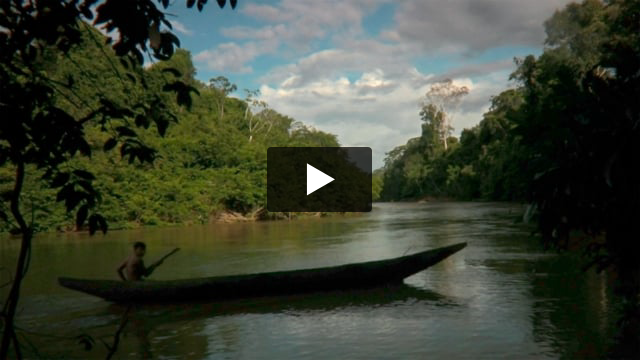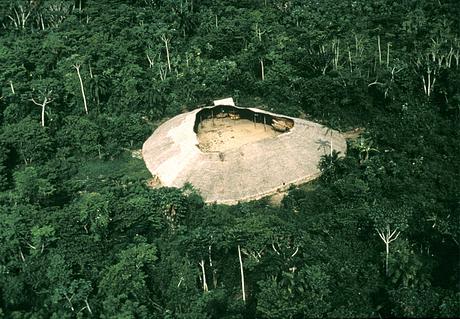New Zealand finally supports UN Declaration on Indigenous rights
April 20, 2010

© Bob Bartel/Survival
This page was created in 2010 and may contain language which is now outdated.
The New Zealand government officially endorsed the UN Declaration on the Rights of Indigenous Peoples this week, after opposing it for almost three years. Only Canada and the United States have still not endorsed the declaration.
The New Zealand Minister for Maori Affairs, Pita Sharples, announced the historic endorsement in New York this week. A Maori member of parliament, Hone Harawira, told journalists, ‘This country recognizes the rights of women, the rights of workers, the rights of dogs; great that they can finally get around to recognizing the rights of Indigenous people.’
The Maori are New Zealand’s Indigenous people and like many other Indigenous groups across the world, suffer a lower standard of living then their non-Indigenous counterparts. The life expectancy of a Maori is nine or ten years less than their non-Maori neighbours and while cancer death rates for other New Zealanders have fallen, they have increased among the Maori population.
New Zealand’s support for the declaration is not unconditional. The Prime Minister made it clear in a statement that the declaration is an ‘aspirational’ document, and will be implemented only ‘within the current legal and constitutional frameworks of New Zealand.’
The UN Declaration on the Rights of Indigenous Peoples recognizes tribal and Indigenous peoples’ rights to choose their own future, their own identity, and to give or withhold consent about projects that affect them.
Most of the world endorsed the declaration when it was first published in 2007. Only Canada, the United States, New Zealand and Australia refused. However, Australia reversed its decision last year and at the opening of parliament this year Canada’s Governor General announced intentions to support the declaration at some point in the future. President Obama’s administration is currently reviewing the US’s position.
Although the declaration is an important step forward in the recognition of Indigenous and tribal rights, it is not legally binding. Survival is campaigning for all countries to ratify the only binding international law for tribal peoples, the International Labour Organization Convention 169. So far only twenty countries have ratified the convention.



